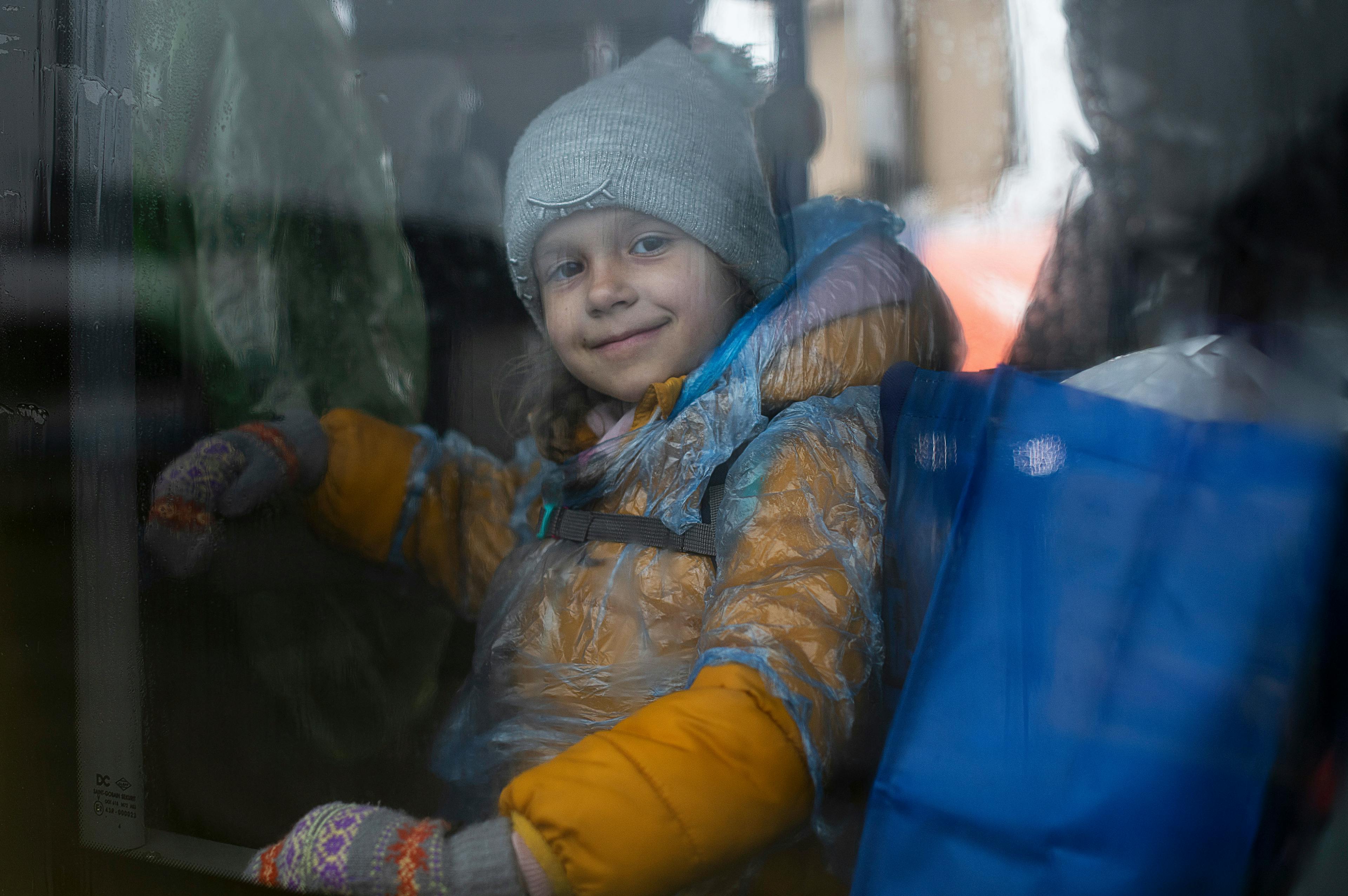
UNI426050
Sudan violence forces
at least 450,000 children
to flee their homes
Home
Media Releases
Sudan violence forces at least 450,000 children to flee their homes
11 May 2023
Increased humanitarian response is urgently needed as children become internally displaced or cross into neighbouring countries.
AMMAN/NAIROBI/DAKAR, 11 May 2023 – UNICEF is stepping up humanitarian support for children on the move affected by the ongoing conflict in Sudan. As violence continues, an estimated 82,000 children have fled to neighbouring countries and approximately 368,000 more are newly displaced inside the country.
According to UNHCR, more than 164,000 people have sought refuge across borders since 15 April, including in the Central African Republic, Chad, Egypt, Ethiopia, Libya and South Sudan. In addition, IOM estimates some 736,000 people are newly internally displaced within Sudan since the start of the conflict. Almost 3.8 million people were internally displaced within Sudan prior to the outbreak of violence.
“The brutal conflict in Sudan has exacted a devastating toll on the country’s children,” said UNICEF Executive Director Catherine Russell. “Thousands have experienced deeply traumatic events or been driven from their homes in search of relative safety. Their situation remains precarious, and continued support and assistance from the international community and humanitarian partners are critical.”
Many communities receiving displaced populations are already affected by multiple crises, with basic services and existing humanitarian capacity already overstretched. The rainy season is expected to heighten access challenges and increase the risks of disease. The conflict is also disrupting cross-border trade and movement, leading to a sharp increase in food prices in neighbouring countries, with a higher risk of food insecurity in vulnerable host communities.
UNICEF Response:
In Sudan, UNICEF has provided emergency health kits, essential supplies and medicines to hospitals and primary healthcare centres to support the treatment of the injured and access to life-saving and basic health services. UNICEF is also supporting displaced children and families, striving to ensure the continuity of essential services, including the provision of nutrition supplies to help keep more than 80 per cent of facilities functioning in affected areas. UNICEF interventions will also support the provision of urgent assistance to newly displaced children and families and affected host communities in the states where conflict spread remains limited and with the largest number of internally displaced. This week, a UNICEF shipment of water, sanitation and hygiene supplies landed in Port Sudan, with further shipments scheduled in the days ahead.
UNICEF is also working closely with governments and partner organisations in neighbouring countries to step up essential life-saving services and support to these vulnerable children. This support includes:
- Provision of safe water through water trucking, water treatment, digging and repair of boreholes, sanitation facilities, hygiene items and non-food item (NFI) kits to meet refugees, returnees and host communities' needs.
- Nutrition services for children under five suffering from severe acute malnutrition in health centres and mobile clinics, and the provision of nutrition supplies
- Provision of health screening referrals, vaccination, essential drugs and medical kits to ensure access to health care and services benefiting both host and refugee populations.
- Child Protection and Gender-Based Violence (GBV) prevention and response, including psychosocial support, child-friendly spaces, case management and referral to specialised services, family tracing and reunification, and supporting the case management of unaccompanied and separated children and prevention of childhood statelessness.
- Education services to ensure refugee, returnee and host community children and adolescents can access inclusive, quality education and learning opportunities in safe and protective environments.
UNICEF is calling on the international community to urgently support its efforts by providing additional funding and resources to address the growing crisis.
With sustained support, UNICEF aims to reach and assist more children in need and secure their rights to survival, development, and protection.
